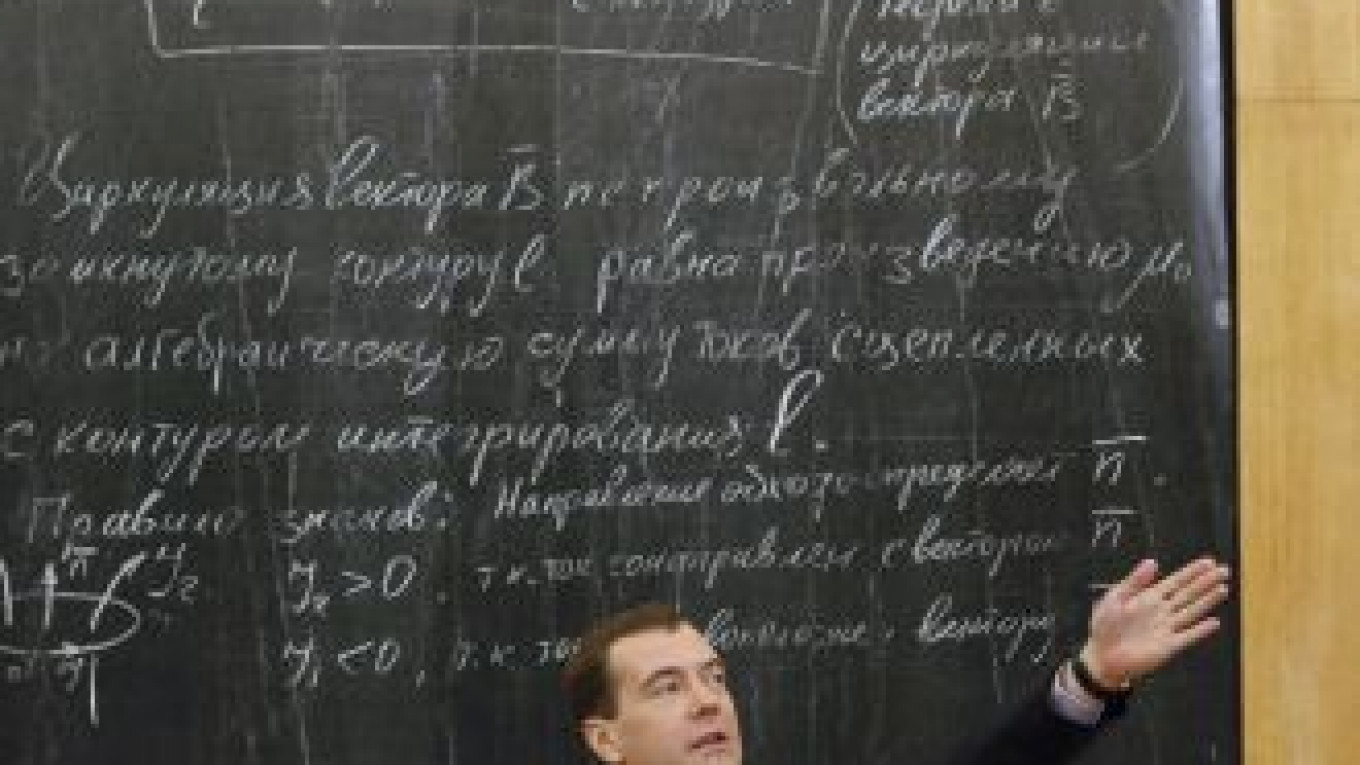Asia and Russia will outpace universities in the rest of the world in producing petroleum engineers as national oil companies step up recruiting, Schlumberger's business consulting unit said.
Four-fifths of the world's oil engineer graduates will come from Asia and from former Soviet states, with China alone accounting for 30 percent, Schlumberger said in its Oil & Gas HR Benchmark survey published in Paris on Tuesday. The industry will lose about 5,000 engineers by 2014 as the generation hired before cuts in the 1980s retires.
"There are real regional tensions as Brazil and the Middle East don't produce enough engineers" for the size of their industries, Antoine Rostand, managing director of Schlumberger Business Consulting, said in a telephone interview. "People joining the industry now will have a lot of opportunities to grow very fast."
Oil and gas production in Asia and Russia tends to be more labor-intensive than in other regions with more developed industries, partly accounting for the higher number of graduates, Rostand said. The "big crew change" from the loss of more experienced engineers may lead to delays in projects because of staffing issues, the report showed.
Presidential aide Arkady Dvorkovich, speaking at a briefing at RIA-Novosti on Tuesday, a day before President Dmitry Medvedev is supposed to discuss technical education at a meeting in Magnitogorsk, said the government intends to reduce funding for education in the humanities in favor of training greater numbers of engineers and technical specialists.
"All the money is in the system already," Dvorkovich said, RIA-Novosti reported. "As for increasing financing for specialists, … fewer economists and lawyers are being trained, especially in technical schools and, naturally, the money freed up is being directed to increasing financing for technical specialists."
Dvorkovich said the government intends to grant "a considerable number of greatly raised stipends" to students to encourage them to pursue engineering and technical careers. He said the expanded funding would be made available to the best students in certain departments.
(MT, Bloomberg)
A Message from The Moscow Times:
Dear readers,
We are facing unprecedented challenges. Russia's Prosecutor General's Office has designated The Moscow Times as an "undesirable" organization, criminalizing our work and putting our staff at risk of prosecution. This follows our earlier unjust labeling as a "foreign agent."
These actions are direct attempts to silence independent journalism in Russia. The authorities claim our work "discredits the decisions of the Russian leadership." We see things differently: we strive to provide accurate, unbiased reporting on Russia.
We, the journalists of The Moscow Times, refuse to be silenced. But to continue our work, we need your help.
Your support, no matter how small, makes a world of difference. If you can, please support us monthly starting from just $2. It's quick to set up, and every contribution makes a significant impact.
By supporting The Moscow Times, you're defending open, independent journalism in the face of repression. Thank you for standing with us.
Remind me later.






